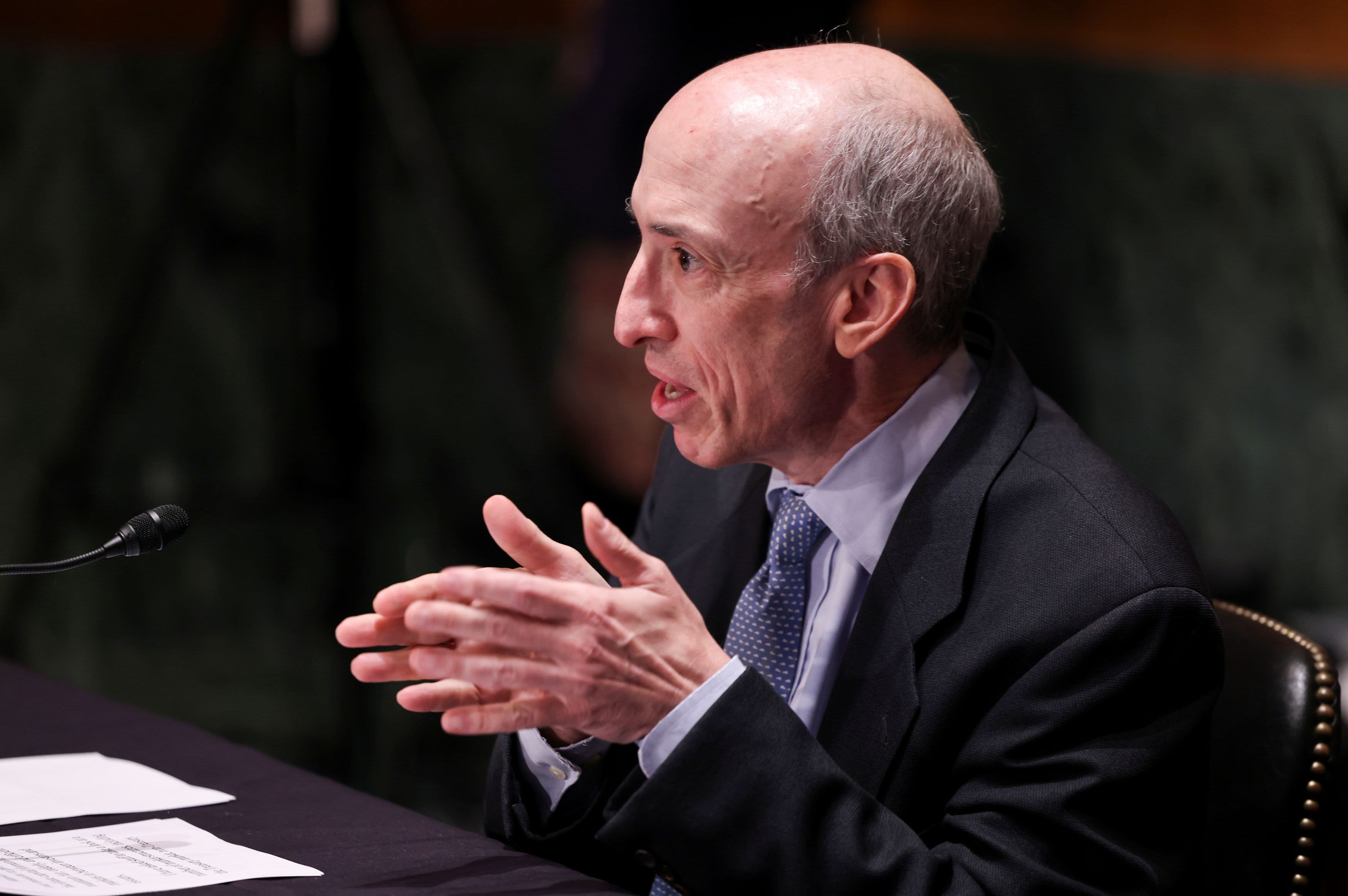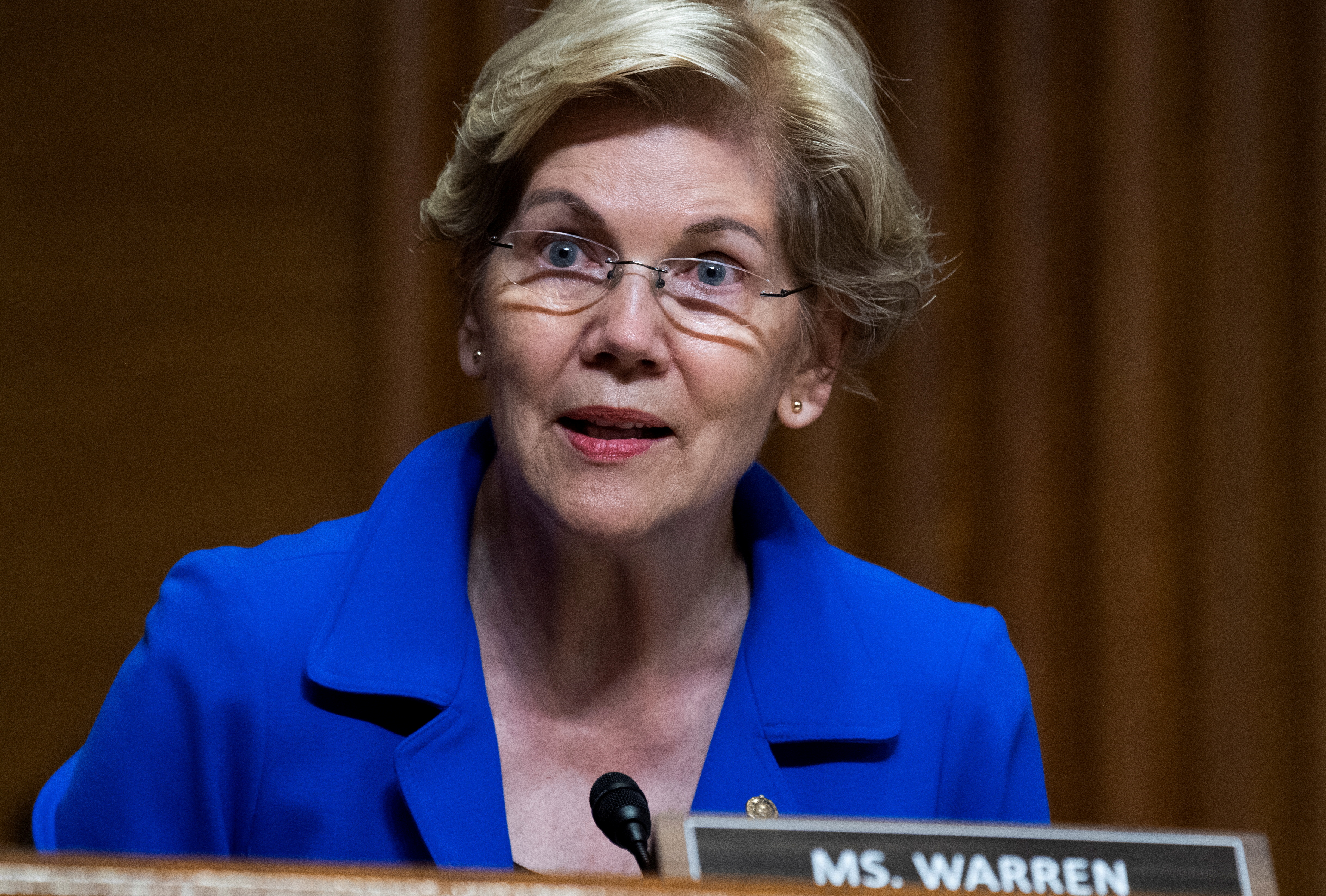TL:DR
- US crypto businesses face a complex regulatory environment and lack of legal clarity.
- The fragmented regulatory framework and tax implications create additional challenges for crypto businesses in the US.
- Banking industry reluctance and cybersecurity threats make it challenging for US-based crypto businesses to compete with those in other countries.
Cryptocurrencies have revolutionized the way we perceive finance, investments, and money transfers. The decentralization, security, and anonymity provided by blockchain technology have made it possible to conduct global transactions at a faster and cheaper rate. However, despite the significant benefits offered by cryptocurrencies, it is becoming increasingly challenging to do crypto business in the United States at the moment.
One of the primary reasons why it is difficult to do crypto business in the United States is the regulatory environment. The US government has been taking a hardline stance towards cryptocurrencies in recent years, and this has led to increased scrutiny and regulation of the crypto industry. For example, in 2019, the Financial Crimes Enforcement Network (FinCEN) issued guidelines for cryptocurrency businesses, requiring them to register with the agency and comply with anti-money laundering (AML) and know-your-customer (KYC) regulations.
The regulatory environment has become even more challenging since the Biden administration took office. In 2021, the Treasury Department proposed new rules that would require cryptocurrency businesses to report transactions over $10,000 to the IRS. These rules have been met with resistance from the crypto industry, with many arguing that they are overly burdensome and would stifle innovation.
Another reason why it is difficult to do crypto business in the United States is the lack of clarity surrounding the legal status of cryptocurrencies. While some countries have taken a proactive approach to regulating cryptocurrencies, the US has been slow to provide clear guidelines on the legal status of these digital assets. This has created uncertainty for crypto businesses, who are unsure of how to comply with existing regulations or how to plan for the future.

Moreover, the fragmented regulatory environment in the US is another challenge. Each state has its own regulations, licenses, and requirements for cryptocurrency businesses. This creates a complex and confusing regulatory environment, making it challenging for businesses to operate across multiple states. The lack of a cohesive regulatory framework has also made it difficult for US-based crypto businesses to compete with those in other countries with more favorable regulatory environments.
Additionally, the tax implications of cryptocurrencies add another layer of complexity for crypto businesses in the US. The IRS treats cryptocurrencies as property for tax purposes, which means that every transaction is subject to capital gains tax. This can make it challenging for businesses to calculate and report their taxes accurately. Moreover, the lack of clear guidelines from the IRS has led to confusion over how to classify different types of crypto transactions, such as airdrops, staking rewards, and mining income.
Furthermore, the banking industry has been reluctant to support cryptocurrency businesses. Many banks view cryptocurrencies as a high-risk industry and are hesitant to provide services to crypto businesses. This has led to difficulties in obtaining banking services, such as opening a bank account, obtaining loans, or accepting credit card payments. This creates additional challenges for crypto businesses, who are forced to rely on alternative banking solutions, such as offshore banks or payment processors.

Lastly, the increasing concern over cybersecurity threats and money laundering has led to increased scrutiny of cryptocurrency businesses. This has resulted in increased pressure on cryptocurrency exchanges and other businesses to implement strict security measures and AML/KYC compliance procedures. While these measures are essential to ensure the security and integrity of the crypto industry, they also add to the regulatory burden and cost of doing business.
In conclusion, the regulatory environment, lack of clarity on the legal status of cryptocurrencies, fragmented regulatory framework, tax implications, banking industry reluctance, and cybersecurity threats are all factors that make it difficult to do crypto business in the United States at the moment. These challenges have made it challenging for US-based crypto businesses to compete with those in other countries, who benefit from more favorable regulatory environments. However, despite these challenges, the crypto industry remains optimistic and continues to innovate, driven by the belief that cryptocurrencies can revolutionize the financial industry.

Thanks for reading Solanews , remember to follow our social media channels for more

